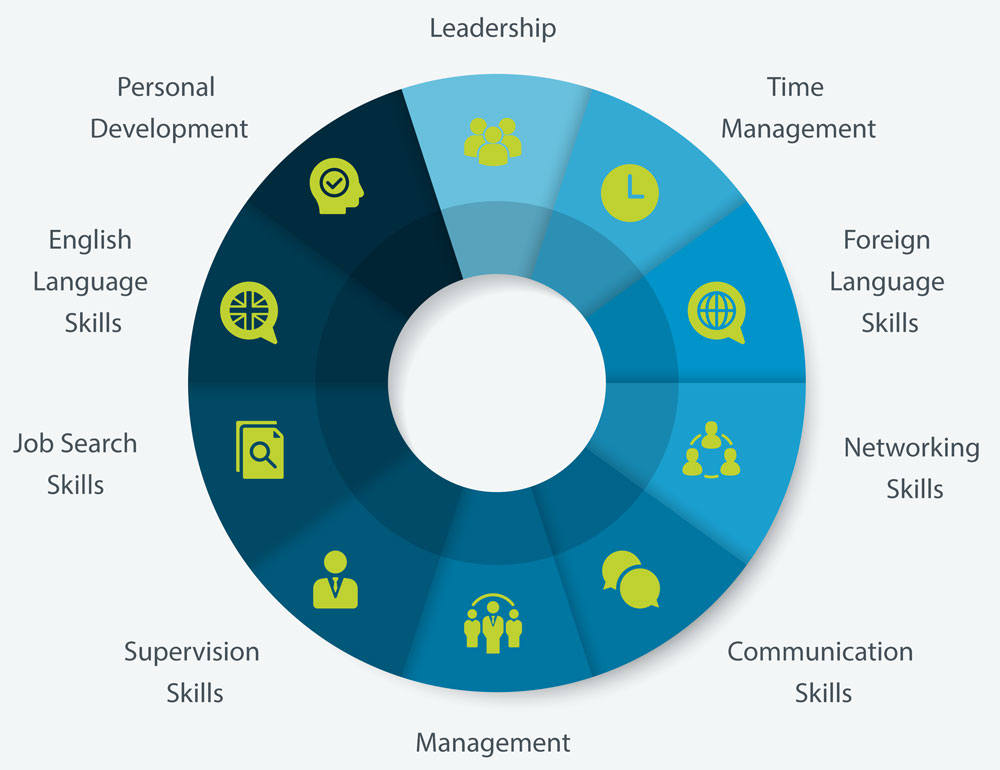There is a particular comfort in calling oneself reasonable during unreasonable times. It sounds mature. It sounds stabilizing. It sounds like adulthood in a room full of shouting.
But history is unkind to that instinct when power itself is slipping its leash.
Senator John Fetterman has consciously repositioned himself away from the progressive wing of his party and into what he calls a “live-and-let-live” middle—one defined by pragmatism, deal-making, and a blue-collar centrist posture. In ordinary political moments, this recalibration might read as savvy. In this moment, it feels dangerously misaligned with reality.
The criticism aimed at Fetterman is not that he has abandoned the left. Many of us are not card-carrying progressives, nor do we believe politics should be a permanent ideological purity test. The concern is far more fundamental: what happens when moderation is applied to a situation that is no longer normal?
When “Pragmatism” Becomes a Blindfold
Fetterman has argued openly that Democrats lost in 2024 because they were perceived as too progressive, too extreme, too disconnected from working-class voters. His prescription has been to pull the party back toward the center—toward cultural moderation, stricter immigration language, vocal support for Israel, and a rejection of activist rhetoric that alienates swing voters.
That shift has undeniably earned him goodwill among moderates and even some Republicans in Pennsylvania. It has also deeply unsettled Democrats who expected him to act as a clearer counterweight to Trumpism, not a broker trying to smooth its edges.
Most troubling is not his willingness to work across the aisle, but how he frames the threat on the other side of that aisle. In national interviews, Fetterman has insisted that Donald Trump is “not an autocrat.” That single assertion carries enormous weight, because it reframes the entire moment as merely another partisan cycle rather than a structural crisis.
That framing does not hold.
Authoritarianism Rarely Announces Itself
Modern authoritarianism does not arrive in jackboots and manifestos. It advances incrementally—through pressure on independent media, politicized law enforcement, loyalty-based staffing of institutions, normalization of political violence, and the steady erosion of accountability.
Democracy monitors are no longer hedging their language. The United States’ civic space is now being described as “obstructed.” Press freedom is under sustained attack. Deportation campaigns are being carried out with minimal due process. Surveillance of dissent is expanding. Rule-of-law institutions are being hollowed out or bent toward personal loyalty.
In that context, reassuring the public that “this isn’t autocracy” does not calm the waters. It lulls people into complacency precisely when vigilance is required.
This is why Fetterman’s posture alarms so many democracy advocates. Not because he occasionally works with Trump-aligned Republicans, but because he appears unwilling to center the defense of pluralistic democracy as the non-negotiable baseline of his politics.
Why the Chamberlain Analogy Won’t Go Away
The Neville Chamberlain comparison persists for a reason—not because history repeats cleanly, but because the psychology repeats reliably.
Appeasement is born of the hope that moderation and goodwill will tame a leader who openly disdains constraint. Modern scholarship on authoritarianism is blunt about this: appeasement trades clarity for comfort while the authoritarian side continues advancing.
In that light, a politician who downplays or normalizes Trump’s behavior while seeking accommodation can begin to resemble someone calmly reassuring people in a burning building that the smell is only incense.
Trump is not a transactional partner with a conscience waiting to be activated. He is transactional without loyalty, flippant without consequence, and surrounded by individuals whose bureaucratic efficiency would have been familiar in darker chapters of history—only now delivered in American accents.
The Seduction of “American Stockholm Syndrome”
Political psychologists have begun using the phrase “American Stockholm syndrome” to describe a disturbing phenomenon: voters and officials gradually identifying with a leader who insults, threatens, or scapegoats them.
Constant exposure to fear and propaganda can slowly turn into rationalization. People begin defending the very figure eroding their freedoms, while those sounding the alarm are dismissed as hysterical or extreme—even as empirical indicators of democratic backsliding pile up.
This is the danger of the “reasonable middle” when it refuses to name authoritarian tactics as such. It stops being moderation and starts becoming denial dressed as maturity.
Balance Is Not Neutrality About Democracy
Wanting balance on policy—taxes, regulation, culture-war excesses—is not the same as being neutral about whether free elections, civil liberties, and dissent survive.
Once a leader is actively weakening courts, weaponizing the justice system, attacking the press, and undermining electoral legitimacy, the first line for all democrats—left, center, or right—must be immovable:
This cannot stand.
From that perspective, a “live-and-let-live” middle that treats authoritarian behavior as just another partisan disagreement is not pragmatic. It is catastrophically misreading the moment.
Where This Leaves the Rest of Us
I am not part of the extreme left. Many progressive ideas sit well with me; many do not. Like millions of others, I want balance and compromise that lean toward forgotten Americans in a greed-and-censorship era.
But compromise presupposes a shared commitment to rules.
What I am articulating—and what many Americans feel—is a pro-democracy center: flexible on policy, immovable on pluralism. Willing to negotiate about outcomes, unwilling to negotiate about whether power must be constrained.
The problem with figures who give Trump slack is not simply that they misjudge his character. It is that they misjudge the historical moment, treating a systemic assault on democratic norms as something that can be managed with politeness and deal-making.
Your anxiety—and mine—is not hysteria. It aligns with what serious observers now document: a democratic experiment sliding toward an entrenched strongman model while parts of the political class convince themselves that cooperating politely with it is just realism.
There are moments when moderation is wisdom.
This is not one of them.






